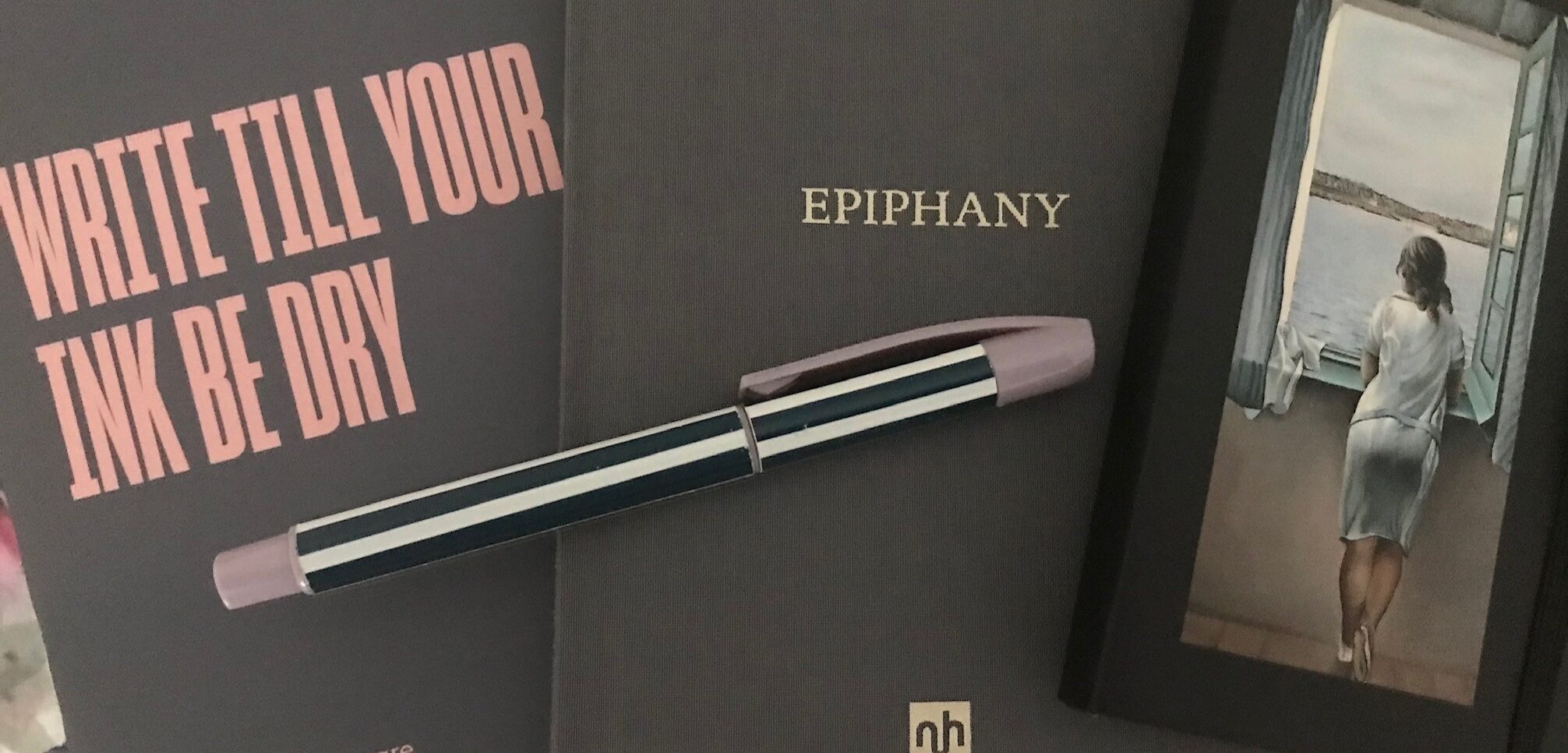How an NHS-supported creative writing programme is helping women to feel seen and heard in Cheshire and Merseyside.
 In April this year, I was honoured to be invited to take part in the pilot 51% Project, as evaluation research partner with the NHS Improving Me women’s health and maternity partnership in Cheshire and Merseyside. The project forms part of an innovative creative health programme commissioned by the partnership to support women’s health and wellbeing across the region, and to challenge systemic health inequalities experienced by women by amplifying their experiences and personal and collective voices.
In April this year, I was honoured to be invited to take part in the pilot 51% Project, as evaluation research partner with the NHS Improving Me women’s health and maternity partnership in Cheshire and Merseyside. The project forms part of an innovative creative health programme commissioned by the partnership to support women’s health and wellbeing across the region, and to challenge systemic health inequalities experienced by women by amplifying their experiences and personal and collective voices.
Run in partnership with Liverpool Libraries, the pilot 51% Project included a six-week programme of two-hour, creative and therapeutic writing workshops for women, facilitated by writer, presenter and creative producer Dr Rachel New. Individual workshops covered topics relating to reproductive health throughout the life course, designed to help reduce taboos and stigma about women’s health and ultimately normalise these important conversations.
Our formative evaluation of the project, including participant observation and research interviews with participating women, evidences profound impacts on their subjective wellbeing, self-efficacy and emotional resilience. Throughout the project, women wrote about and shared their experiences of gynaecological illness; trauma experienced through pregnancy and childbirth, including miscarriage and still birth; infertility and involuntary childlessness. Women were courageous, candid, and unsparing when reflecting on their own experiences, which often triggered emotional, tearful responses from other group members and deeply empathic expressions of support and understanding.
Women (of all ages) displayed profound maturity in the extent to which they engaged with the creative process, shared their writing by reading aloud, and communicated their emerging thoughts and feelings. The heuristic experience of the workshops therefore has been viscerally beneficial, both in terms of the writing process and the therapeutic qualities of the group setting and dynamics, creating opportunities for conversation, interpersonal connection, and peer learning.
Research interviews created further space for women to reflect on their experiences and the value of taking part. Modelled on a creative process of reflection, resolution and recovery, qualitative data shows the positive emotions felt by being part of a dedicated writing group for women, including validation, resilience and subsequent empowerment. The project has derived unique meaning to participating women due to its facilitation of a safe space for them to openly communicate with one another; revisit challenging experiences; support one another; and realise the shared power of creative expression in women’s health and wellbeing.
Examples of the writing produced have now been published in an edited anthology – Hear Me Roar – which was launched at a special event in November at Liverpool Central Library. It was a privilege to share this creative space with such brilliant, inspiring women and to be part of a truly collaborative programme of creative health research, addressing key NHS priorities and responding to pressing concerns about the UK-wide gender health gap.